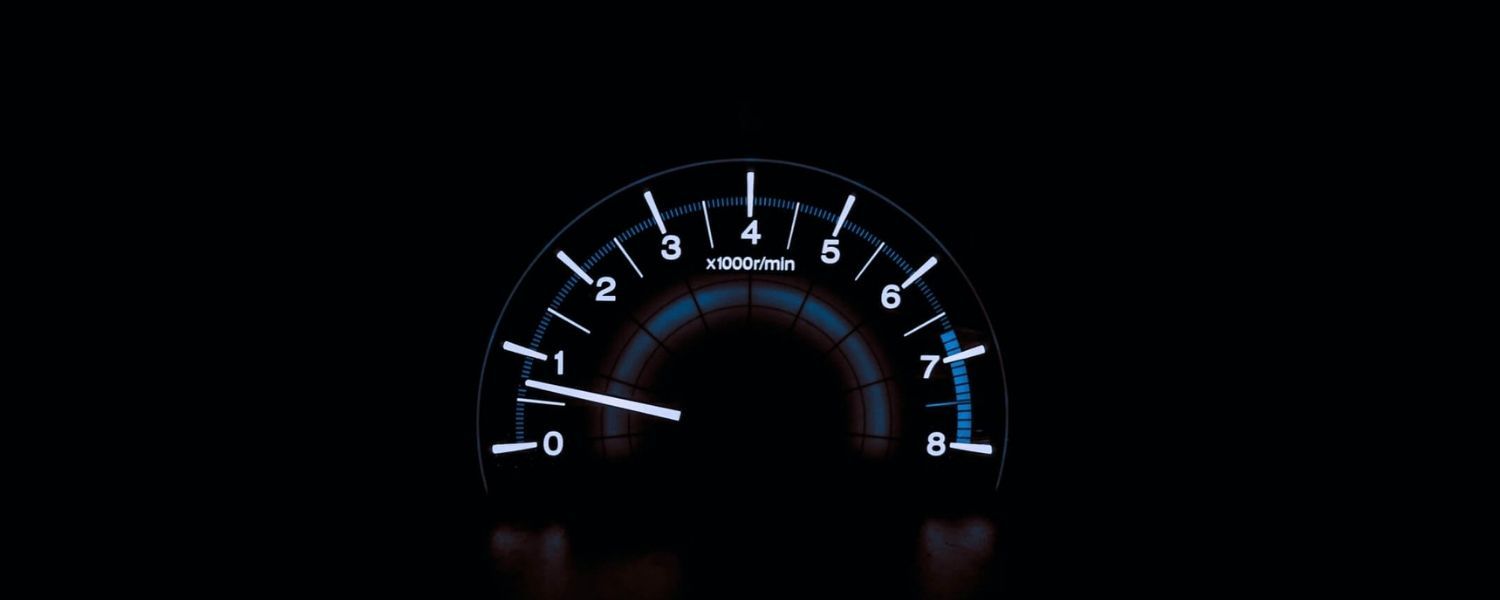Many people have an ambition of buying a new car - it brings with it a sort of affirmation or status - especially if it is a fancy one! But is this a wise decision? How valuable an asset is a new car? Is that new car smell and the look on the faces of your friends worth it?
Up in smoke
Well the one thing we know for certain is that a new car loses approximately 10% of its value as you drive it out the dealership! 10% of your hard earned money evaporates into thin air, never to be recovered. If you borrowed R200,000 to buy the car, you still owe the bank this amount even though your car is now only worth R180,000. This can't be smart can it?
If you really need to buy a car, a second hand car (provided it's in good shape!) is a great option - you don't lose a lot of value upfront and you'll generally be spending less on it in the first place. Granted you may not have that new car smell or the feel good factor, but financially it could be better for you in the long run given your instalments and insurance premiums would be less than if you bought a new car.
Then the smart thing would be to invest the money you'd save by buying the cheaper car!
Is my car an asset?
Well the short answer is yes, but that doesn't quite tell the whole story. Unless you're into Shelby GT500 Mustangs, your car is a depreciating asset - so not an investment at all. Depreciating means that it loses value over time. When you invest in shares or property, you generally expect these to increase in value over time, not decrease.
If you buy an entry level VW Polo Vivo at the moment for R207,500 using a bank loan repayable over 60 months at 10% interest, this requires a monthly payment to the bank of around R4,500. At the end of 60 months you would have spent R270,000 just on car payments alone (never mind fuel, licensing, repair, cleaning, parking and tyre costs) for something that may then only be worth 60% of what you bought it for, never mind what you actually spent on it!
So must I just use Uber?
We are not saying that either - many people need to own their own cars if they drive a lot. It even makes sense for some people to buy new cars if they know they are going to own them for a while. Everyone's needs are different so it may be useful for you to calculate how much you spend on your car every month (including estimating the loss of value of the car, ie. wear and tear) relative to what you'd spend on using a ride sharing service (with some allowance for the convenience factor of owning your car) and see how they differ. You must also consider that even if you do own a car, you probably use ride sharing when you don't want to drive so this also needs to be added in. If one option is much cheaper you should seriously consider it if it isn't what you're doing already.
At the end of the day make sure that whatever choice you make is the one that suits you best both from a convenience and financial point of view - don't worry about flaunting that fancy car that you can't afford!








![The Guide To Provisional Tax In South Africa [+ downloadable provisional tax calculator]](/blog/content/images/size/w600/2025/09/calculating-your-provisional-tax.png)

